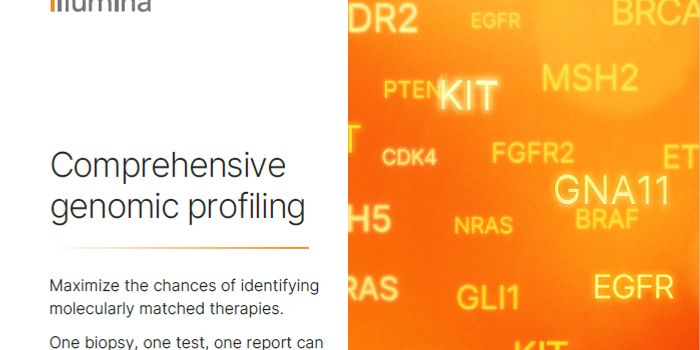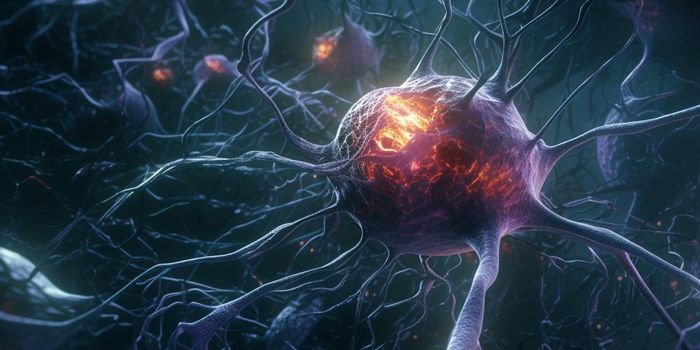Researchers Develop a Score to Quantify the Risk of Epilepsy
It usually takes two seizures before a person can be diagnosed with epilepsy, which refers to a range of seizure-causing brain disorders. Around 3 million adults and 470,000 children are affected by the disease, according to the Centers for Disease Control and Prevention. Generalized epilepsy affects both brain hemispheres, while focal epilepsy affects one, and together they encompass 94 percent of epileptic disorders.
Now an international team of scientists has created a way to measure the risk of developing the disease based on genetics - known as a polygenic risk score. This work, which used human samples, can help improve the diagnosis and treatment of the disease. This is the first time the risk for epilepsy has been quantified, and a test of the scoring system showed that it could differentiate between healthy people, patients with epilepsy, and the two major types of the disease. The findings have been reported in Brain.
"The fact that we can now identify people at high risk for epilepsy, and even start to distinguish between the two main types of epilepsy based on genetic scores is really exciting," said the lead author of the study Dennis Lal, Ph.D., a researcher at Cleveland Clinic's Genomic Medicine Institute. "These landmark results set the stage for an entirely new direction of epilepsy research."
Epilepsy can be tough to diagnose. Not everyone gets epilepsy after one seizure. Some genetic risk factors have been revealed, but they’re not totally reliable because studies that found them have used small groups of people. While about forty percent of rare neurological disorders can be explained by one unusual genetic variation, there may also be more than one genetic factor at play for some people. Common forms of epilepsy are also not always rooted in these rare variants.
Lal and his colleagues have been trying to gather the various genetic risk factors for a comprehensive analysis. They used data obtained from over 12,000 epilepsy patients and 24,000 healthy people to figure out a polygenic risk score, which they applied to an even larger cohort. Thousands of genetic variants were taken into account.
"While additional research is necessary, we believe these findings will lay the groundwork for one day using genetic risk assessments in the clinic to diagnose common epilepsies and guide precision treatment earlier in the disease process," said study co-author Imad Najm, M.D., director of Cleveland Clinic's Epilepsy Center.
Polygenic risk scores are already used in the diagnosis of several disorders, including breast cancer, diabetes and heart attacks.
Sources: AAAS/Eurekalert! via Cleveland Clinic, Brain









